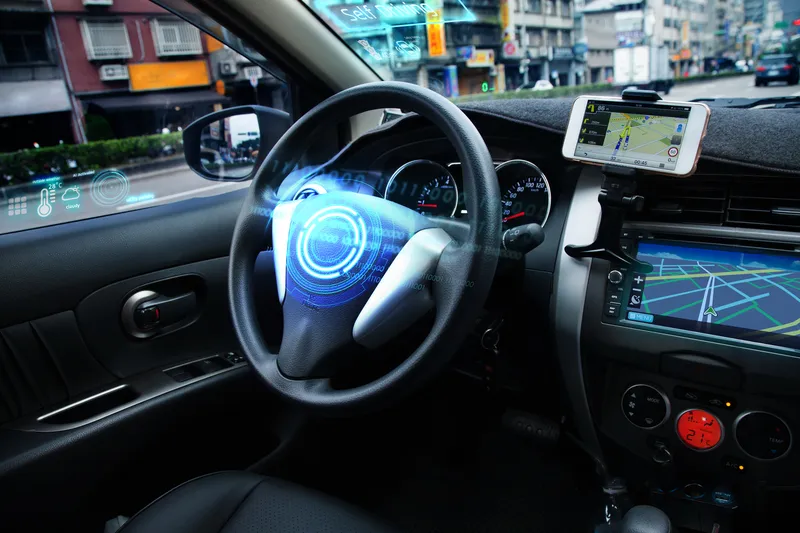Waymo is to deploy 10 autonomous vehicles (AVs) on Lyft’s platform to serve as a ride-hailing service in the Metro Phoenix area in Arizona, US.
The company says it will deploy its Waymo One vehicles over the next few months to improve road safety and introduce AVs to more people.
The deployment will allow riders to select an AV using Lyft’s app and provide Waymo with an opportunity to gain feedback on the service.
Last December, Waymo launched its ride-hailing service in Phoenix for early riders who w
May 15, 2019
Read time: 1 min
The company says it will deploy its Waymo One vehicles over the next few months to improve road safety and introduce AVs to more people.
The deployment will allow riders to select an AV using
Last December, Waymo launched its ride-hailing service in Phoenix for early riders who were already using the company’s technology.








